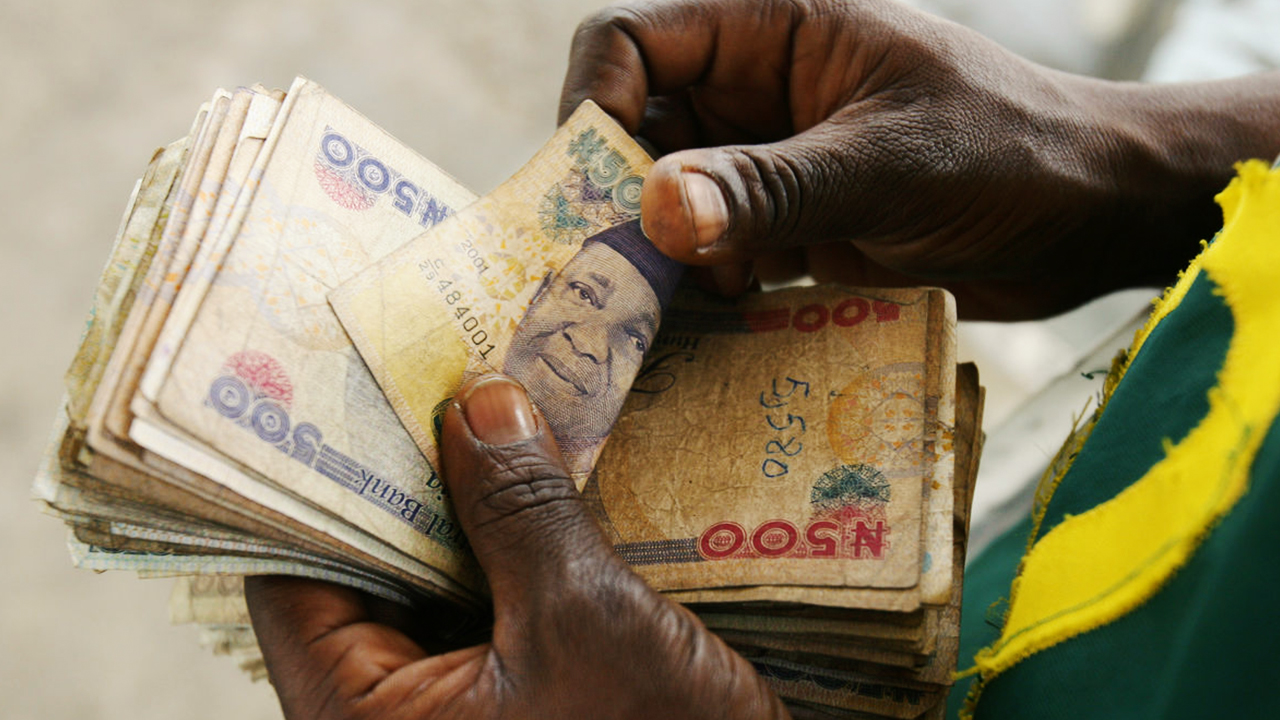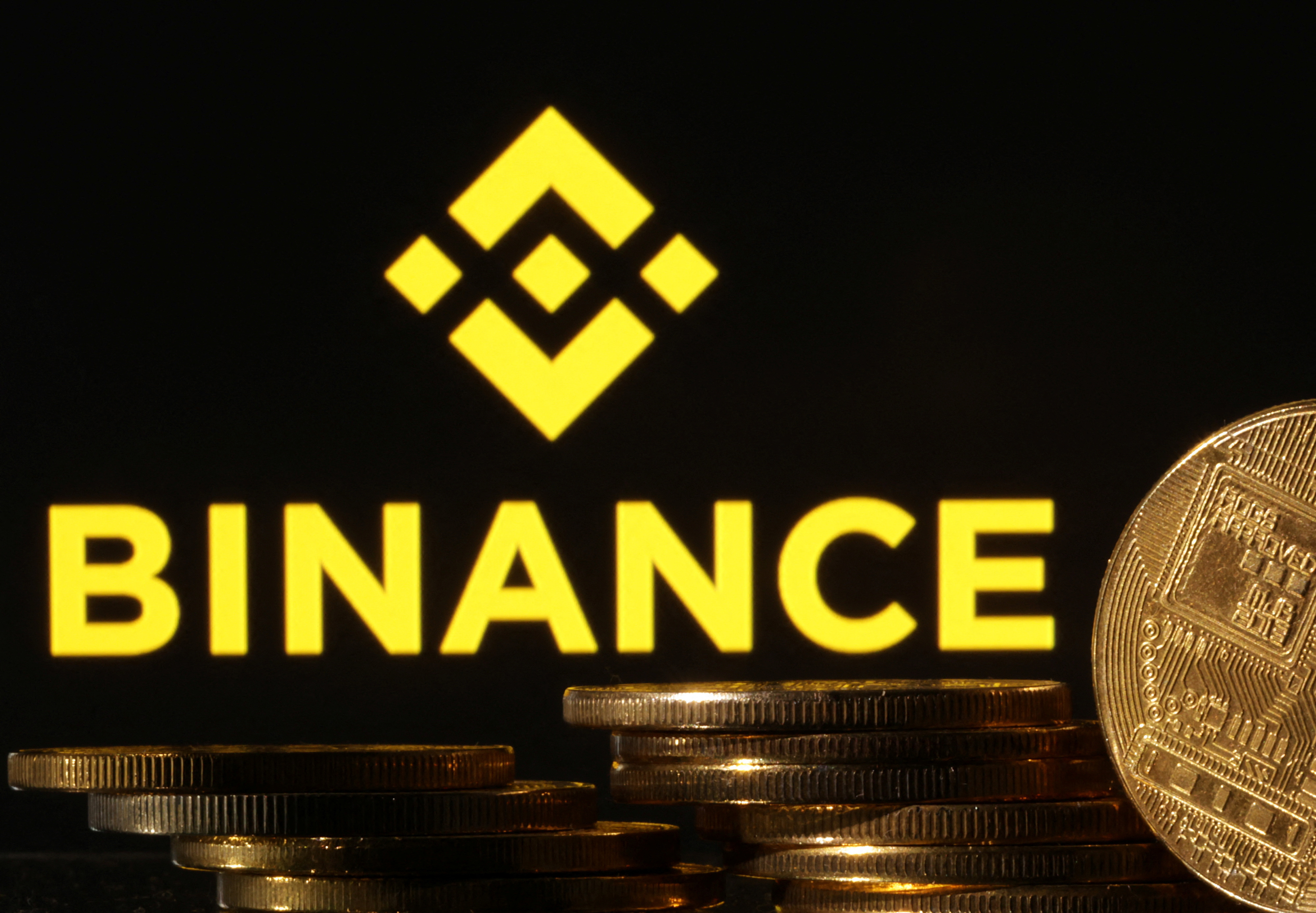The Central Bank of Nigeria has announced its intention to extend the validity of the old N200, N500, and N1,000 noted indefinitely.
This is as the apex bank declared its desire to extend the validity of old naira notes beyond any expiry date. According to the bank, it is working with the relevant authorities to vacate the subsisting court ruling on the same subject.
The bank disclosed this in a statement signed by the Director, Corporate Communications, Isa AbdulMumin, on Tuesday.
The statement titled, ‘CBN To Allow Old Design Naira Banknotes as Legal Tender, Ad Infinitum,’ said the decision is line with international best practices and to forestall a repeat of earlier experiences.
The statement read, “Without prejudice, the Central Bank of Nigeria wishes to inform the general public of its desire to extend the legal tender status deadline of the old design of N200, N500 and N1,000 denominations; ad infinitum.
“This is in line with international best practices and to forestall a repeat of earlier experiences. Thus, all banknotes issued by the Central Bank of Nigeria, in accordance with Section 20(5) of the CBN Act 2007, will continue to remain legal tender, ad infinitum. even beyond the initial December 31, 2023, deadline.
“The Central Bank of Nigeria is working with the relevant authorities to vacate the subsisting court ruling on the same subject. Accordingly, all CBN branches across the country will continue to issue and accept all denominations of Nigerian banknotes, old and redesigned, to and from deposit money banks.
“The general public is enjoined to continue to accept all Naira banknotes (old or redesigned) for day-to-day transactions and handle these banknotes with utmost care, to safeguard and protect the lifecycle of the banknotes. Also, the general public is encouraged to embrace alternative modes of payment, e-channels, for day-to-day transactions.”
This is the third statement the CBN has issued concerning naira notes in recent times. Earlier this month, it clarified that there was no scarcity of naira in the country. Later, it announced that every banknote remains legal tender and should not be rejected by anyone.
The apex bank has had to clear the air on the naira following a March ruling by the Supreme Court that asked the CBN to allow old N200, N500, and N1,000 notes to continue as legal tender till December 31, 2023, after the bank announced a new naira design policy and expiration dates for the denominations.
The former Governor of the Central Bank of Nigeria, Godwin Emefiele, in October 2022 disclosed a plan to redesign some naira denominations (N200, N500, and N1000 notes) and reduce currency circulation.
According to Emefiele, the currency move was to control currency in circulation as well as curb counterfeit currency and ransom payments to kidnappers and terrorists. He stated that the existing old N200, N500, and N1,000 notes would retain their legal tender status until January 31, 2023.
The apex would later extend its deadline until February 10, 2023, but the Zamfara, Kogi, and Kaduna state governments would on February 3 file a suit against the Attorney-General of the Federation on the policy.
Lagos, Ondo, Ekiti, Kano, Sokoto, Ogun, and Cross River would later join the suit as co-plaintiffs. In a ruling in March 2023, the Supreme Court invalidated the new naira design policy because it was not done with due consultation and in line with constitutional provisions.
With this new CBN directive, Nigerians can now expect to spend old N200, N500, and N1000 beyond December 2023.
The National President, Association of Mobile Money and Bank Agents in Nigeria, Victor Olojo, recently told The PUNCH, “The new decision of the Central Bank of Nigeria to retain both the old and new notes is a good and positive development, particularly coming out to clear the speculations before December that was initially set, at least to forestall the scarcity issue that happened earlier in the year.”
The Punch

 News6 years ago
News6 years ago
 Featured6 years ago
Featured6 years ago
 Boss Picks6 years ago
Boss Picks6 years ago
 Headline6 years ago
Headline6 years ago
 Headline6 years ago
Headline6 years ago
 Headline5 years ago
Headline5 years ago
 Headline6 years ago
Headline6 years ago
 Headline6 years ago
Headline6 years ago












